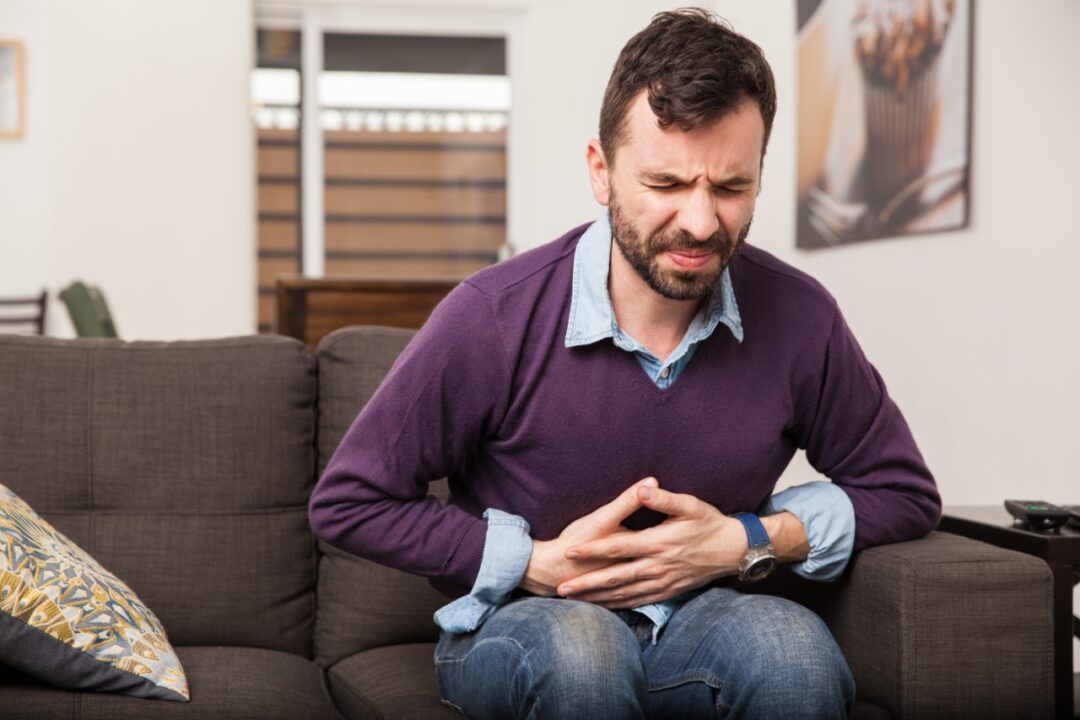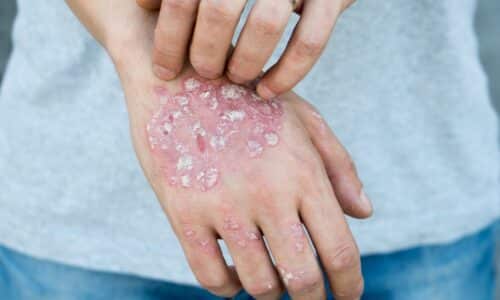What is food poisoning? |

This is the time of year when we like to picnic and cook and eat outside. I thought we should talk about germs and illnesses that might come from food, especially if food is not cooked or stored correctly.
There are many different germs that can contaminate foods. In fact, we have identified more than 250 different foodborne diseases. Most of them are infections, which can be caused by a variety of different bacteria, viruses, and parasites. Some of these illnesses are caused by toxins or chemicals produced by the germ, rather than a true infection with the germ itself.
Here are the most common causes of food poisoning:
| Germ | Common Food Source | Typical Symptoms | Timing of Symptoms |
| Norovirus | Leafy greens, fresh fruits, shellfish (such as oysters) | Diarrhea, nausea, vomiting, stomach pain (can be severe) | Start within 12-48 hours Lasts 1-3 days |
| Salmonella | Undercooked poultry or eggs, unpasteurized milk or juice, contaminated raw fruits and vegetables | Diarrhea, fever, stomach cramps, vomiting | Start within 12-72 hours Severe symptoms improve within 1 week but some diarrhea may last for much longer |
| Clostridium perfringens | Cooked foods that are cooled and held, then served without reheating, especially roasts of beef or poultry | Diarrhea, stomach cramps | Start suddenly within 6-24 hours Last for less than 24 hours |
| Campylobacter | Undercooked poultry, unpasteurized milk, contaminated water or produce | Diarrhea (often bloody), stomach cramps, fever | Start within 2-5 days Last about 1 week |
| Staphylococcus aureus (symptoms caused by a toxin produced by the Staph bacteria) | Foods that are not cooked after handling, including sliced meats, pastries, sandwiches. | Nausea, vomiting, stomach cramps, diarrhea | Start suddenly within 30 minutes to 8 hours Last no longer than 24 hours |
There are other germs that are not nearly as common, but when they do cause illness, they can be severe, and even life-threatening. These germs include:
- Clostridium botulinum (botulism)
- Listeria
- E. coli
- Vibrio
You should see a doctor for food poisoning if you have any of the following:
- High fever (temp over 102 degrees F)
- Blood in your bowel movements
- Signs of dehydration (marked decrease in urination, very dark urine, feeling dizzy when standing, extremely dry mouth and throat)
- Diarrhea which lasts for more than 3 days
Next article, we will talk about the ways that you can prevent food poisoning, so be sure to read next week’s Health Tip.
If you have any more questions just Ask Hanna, our health advisors are here to help.
Dr. Anita Bennett MD – Health Tip Content Editor
Image: ©Shutterstock / antoniodiaz








